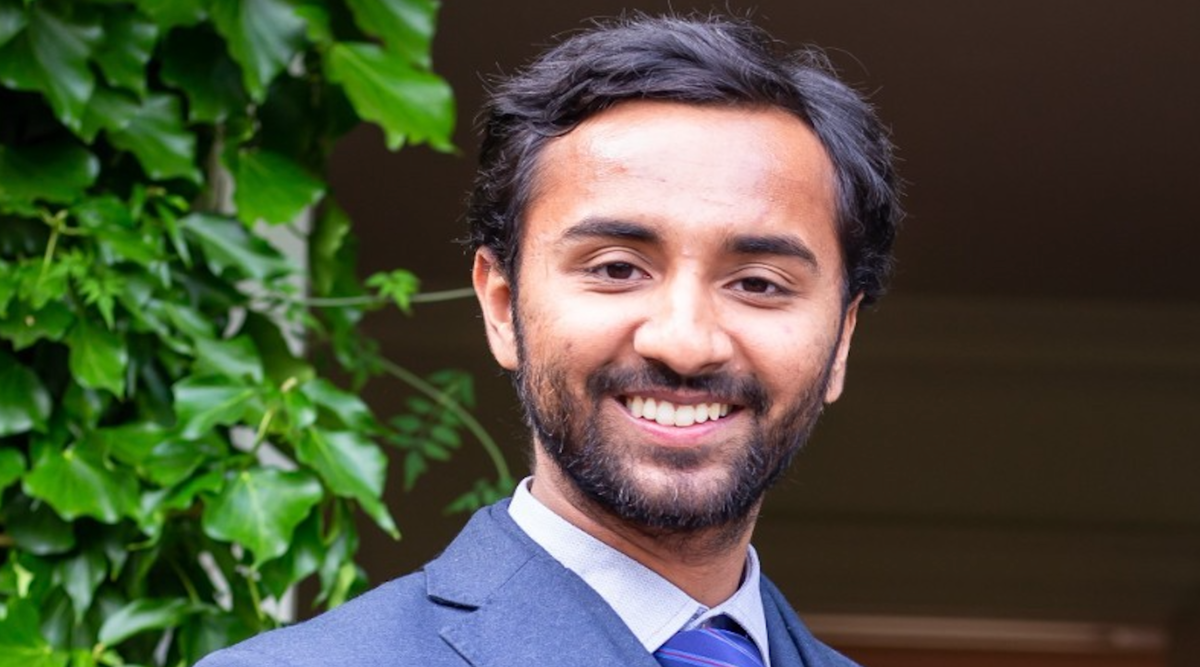Abhimanyu Gahlaut wrote in 2015 that the ethics paper doesn’t need much formal preparation. I think his advice remains fresh. I didn’t refer to any dense philosophy books or coaching material for ethics but still managed to score a respectable 131. Unfortunately, GS4 – the most popular book on this subject – which I purchased but couldn’t study for more than 20 minutes, is a drag.
Before the preparation phase, I had thought long and hard whether I really want to become a bureaucrat. I also had several conversations with IAS officers to understand this field better. In hindsight, these conversations helped me in understanding public administration from a more practical angle, which I tried to express in my answers too.
The key takeaway here is that before jumping into the fray, it is probably wise to devote some time to knowing the landscape. It not only helps you make a more informed decision but may also come to your aid in the ethics paper.
Starting off, I looked up key terms mentioned in the syllabus and read whatever I found online. I practised some five to six mock tests for this paper, and in the two I got evaluated externally, I was ranked in the bottom half of all test takers. This is your reminder to take mock test results with a pinch of salt. For those interested, I have provided links to all my evaluated answer scripts on my blog.
I figured this paper is more practical than philosophical, so I tried dropping lots of real-world examples in my answers. These came from news items, but also from places like The Better India that feature stories on meaningful impact created by civil servants. The Print’s coverage of bureaucratic developments is top notch as well. For all terms mentioned in the syllabus, I made a note of instances where officials and public actors demonstrated exemplary behaviour – and others where they did the opposite.
On topics like leadership and emotional intelligence, I scanned a few Harvard Business Review articles. I also read memoirs penned by civil servants. Anil Swarup’s Ethical Dilemmas of a Civil Servant has a rich collection of the ethical conundrums that the author faced in his career; I even remember directly quoting events from his book in some answers. TR Raghunandan’s latest book was also very useful, with the final chapter on “Ethics in the IAS’ being a must-read. A recent addition to this list is Parameswaran Iyer’s fantastic book, Method in Madness. Finally, I strongly recommend going through publications by the Markkula Center for Applied Ethics at Santa Clara University, which I referred to quite often.
Closer to the exam, I also went through several ‘topper answer scripts’ and noted what I liked and disliked in each one of them. For instance, I borrowed the ‘stakeholder diagrams’ many candidates had used in the past because I found them concise and visually appealing. However, I kept asking myself what I can do to add that extra edge to my answers. Ultimately, I stuck with providing contemporary examples from diverse fields and quoting instances from memoirs of civil servants wherever relevant.
In the case studies, I always tried explaining the reasons why I am opting for a given course of action. Neatly splitting my suggestions into short- and long-term strategies was also useful. However, I struggled with time management right up to my exam partly because there was so much to write. Moreover, in rushing through some of the longer case studies in the actual paper, I didn’t read every word but only tried to grasp their gist. This was a risky strategy that is best avoided since some crucial nuance may escape the hurried reader.
Finally, I would suggest not going with any preconceived notions in the ethics paper. It is one of the easiest papers to write, but the hardest to prepare. Overthinking is a sure shot way to land you into a quagmire. Instead, if one spends plenty of time thinking deeply about the ethical issues that confront civil servants in India and develops an independent and innovative perspective on them, they should do well.
